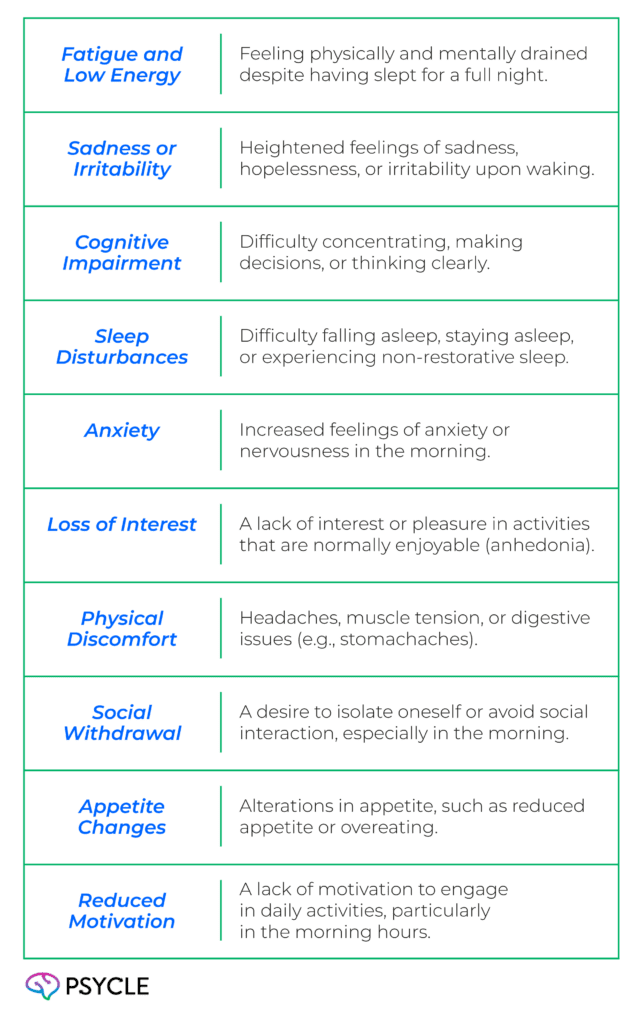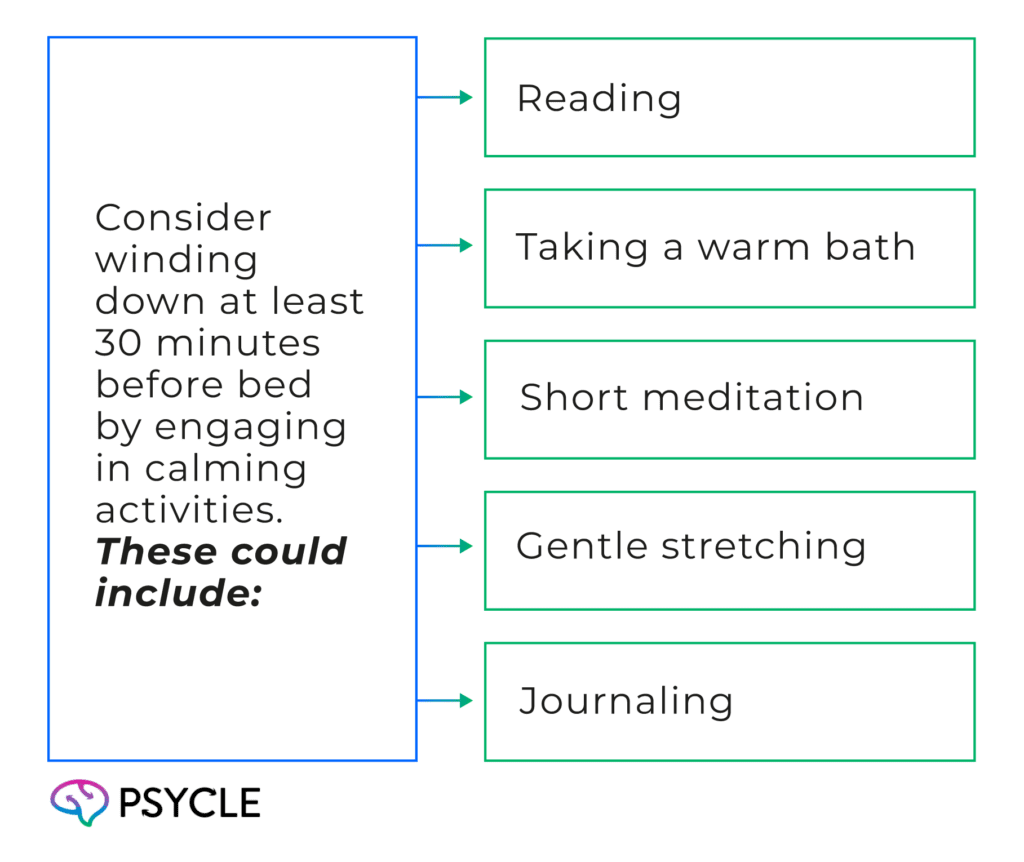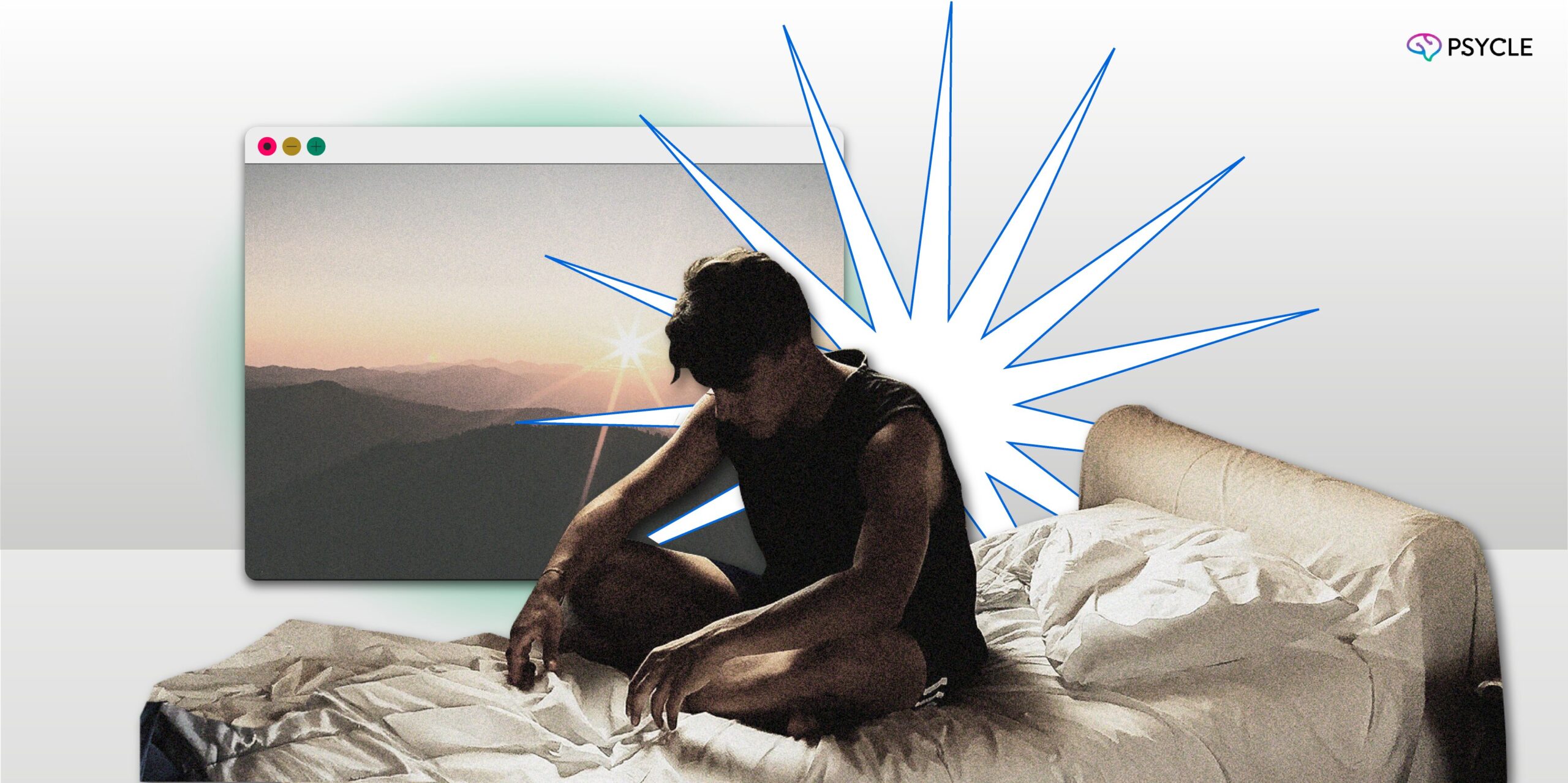Morning depression occurs when symptoms of depression feel more intense upon waking but gradually improve throughout the day. This can significantly impact mental and physical well-being, making it harder to focus, work, and engage in daily activities. In this article, we’ll explore the causes of morning depression and offer practical strategies to help manage and ease these symptoms.
Key Takeaways
- Morning depression causes more intense depressive symptoms upon waking, which tend to improve as the day progresses.
- Biological factors like circadian rhythm disruptions, hormonal imbalances, and poor sleep, along with lifestyle habits, can contribute to morning depression.
- Managing symptoms through sleep hygiene, morning routines, light exposure, exercise, and cognitive behavioral strategies can be helpful.
- Seeking professional help is important if morning depression significantly affects daily life, as therapy and medication may provide relief.
Understanding Morning Depression
Morning depression, often referred to as “diurnal depression,” is a subtype of depression where individuals experience more pronounced depressive symptoms during the morning hours, with a noticeable improvement as the day progresses.
This pattern of mood fluctuation can significantly affect an individual’s daily life, particularly in the early part of the day when energy levels and motivation are typically lowest.
Symptoms of morning depression include:

Causes of Morning Depression
There’s no clear cause for morning depression, with a combination of biological and lifestyle factors at play. However, research shows there are some key risk factors involved.
Circadian Rhythm Disruptions
Our bodies follow a natural 24-hour cycle known as the circadian rhythm. This internal clock helps regulate sleep, mood, and energy levels. When the circadian rhythm is out of sync—often due to irregular sleep patterns, stress, or lifestyle habits—it can lead to morning depression.
People with this disruption often wake up feeling exhausted, with low energy, even after a full night’s sleep. This happens because their internal clocks are not aligned with the day-night cycle, making it harder for them to feel refreshed in the morning.
Chronotype
Everyone has a natural chronotype, which is essentially the time of day when they feel most awake and alert. Some people are “morning people” (larks), while others are “night people” (owls).
If someone is naturally a night owl but has to wake up early for work or other commitments, their chronotype doesn’t match the schedule, leading to feelings of tiredness and heightened depression in the morning.
Sleep Disorders
Sleep problems are common among people who experience morning depression. Conditions like insomnia (trouble falling or staying asleep) or sleep apnea (disrupted breathing during sleep) can result in poor-quality rest.
Even if someone spends enough time in bed, their sleep may be fragmented or restless, leaving them feeling exhausted when they wake up. This lack of restorative sleep can increase feelings of depression and make it harder to get out of bed in the morning.
Lifestyle Factors
Certain lifestyle choices and habits can make morning depression worse. These include:
Lack of Exercise
Regular physical activity helps regulate circadian rhythms by influencing the production of melatonin, a hormone responsible for sleep. Research shows exercise improves sleep quality and duration.
Physical activity also decreases the risk of depression by promoting the production of “feel-good” chemicals, such as endorphins. Exercise also promotes the release of growth factors, which are molecules that support overall brain health.
Poor Diet
Eating unhealthy foods or skipping meals can affect mood and energy levels. A poor diet can lead to blood sugar imbalances, which can worsen feelings of anxiety or irritability, especially in the morning.
Stress
Chronic stress is a major cause of depression. Stress causes the release of cortisol, a hormone that can damage the nervous system when levels remain too high for too long. This can affect brain chemicals and nerve circuits associated with emotional regulation and mood.
Moreover, stress can make it difficult to relax and sleep well, increasing feelings of anxiety and fatigue in the morning.
Social Isolation
As social beings, isolation can significantly harm our well-being. Research shows that loneliness and social isolation are major risk factors for developing depression.
When it comes to morning depression, isolation may also contribute to poor sleep quality, which prevents restorative biological and psychological processing from occurring. Not only does social interaction help people relax, but studies have found that it helps regulate the biological mechanisms involved in sleep.
Strategies to Manage Morning Depression
Managing morning depression requires a combination of healthy habits, lifestyle adjustments, and, when necessary, professional support. Here are some effective strategies that can help ease the symptoms of morning depression and improve overall well-being:
Establish a Consistent Sleep Schedule
One of the most important steps in managing morning depression is to maintain a consistent sleep and wake schedule. Going to bed and waking up at the same time every day helps regulate your circadian rhythm, which in turn can improve sleep quality and mood.
Create a Relaxing Evening Routine
Creating a relaxing evening routine can help improve sleep quality and reduce morning depression.

Avoid stimulating activities like checking emails or watching intense TV shows, as these can disrupt your ability to relax.
Morning Light Exposure
Exposure to natural light in the morning can be a powerful tool in boosting mood and regulating your body’s internal clock. Sunlight helps stimulate the production of serotonin, a neurotransmitter that influences mood and feelings of well-being. It also increases the production of melatonin, helping you sleep better at night.
Try to spend at least 15-30 minutes outside in the morning, whether it’s a quick walk, sitting by a window, or even just standing outside while you drink your coffee. Light exposure early in the day can help improve energy levels, reduce feelings of sleepiness, and set a positive tone for the rest of the day.
Physical Activity
Engaging in physical activity, particularly in the morning, can significantly reduce symptoms of morning depression. Exercise boosts the release of endorphins, which are natural mood enhancers that help counteract feelings of sadness or fatigue.
Whether it’s a brisk walk, stretching, yoga, or a short workout, moving your body early in the day increases blood flow and energizes you for the hours ahead. Starting the day with exercise also provides a sense of accomplishment, which can help combat the low motivation often experienced during morning depression.
Mindfulness Practices
Incorporating mindfulness practices into your morning routine can help calm the mind and ease negative thoughts. Meditation and deep breathing exercises can help reduce feelings of anxiety and stress. Not only will this help you feel better in the morning, but you may find it easier to sleep at night.
Try starting the day with a short meditation session or taking a few minutes to breathe deeply and center yourself. There are plenty of short guided meditations on YouTube that you can explore.
Seeking Professional Help
If morning depression persists or worsens over time, it’s important to seek professional help. A healthcare provider can help identify the underlying causes of your symptoms and suggest treatment options, such as therapy or medication, to better manage your condition.
A mental health professional can work with you to develop a tailored plan to address your specific needs and provide support for coping with morning depression. Don’t hesitate to reach out if you feel like morning depression is affecting your ability to function or negatively impacting your quality of life.
FAQs
Can You Have Morning Depression Without Being Diagnosed With Depression?
Yes, it’s possible to experience morning depression without a formal diagnosis of major depressive disorder. Factors like poor sleep, high stress, or disruptions in circadian rhythm can contribute to feeling more down in the mornings. However, if symptoms persist or interfere with daily life, it may be helpful to speak with a mental health professional to determine the underlying cause and explore treatment options.
Do Antidepressants Help With Morning Depression?
Antidepressants can be effective in treating morning depression, especially if it’s linked to a larger depressive disorder. Medications like SSRIs or SNRIs may help regulate mood and improve symptoms throughout the day. However, these drugs aren’t suitable for everyone and don’t always work. Consult with a health professional to see if they are right for you and other options available.

